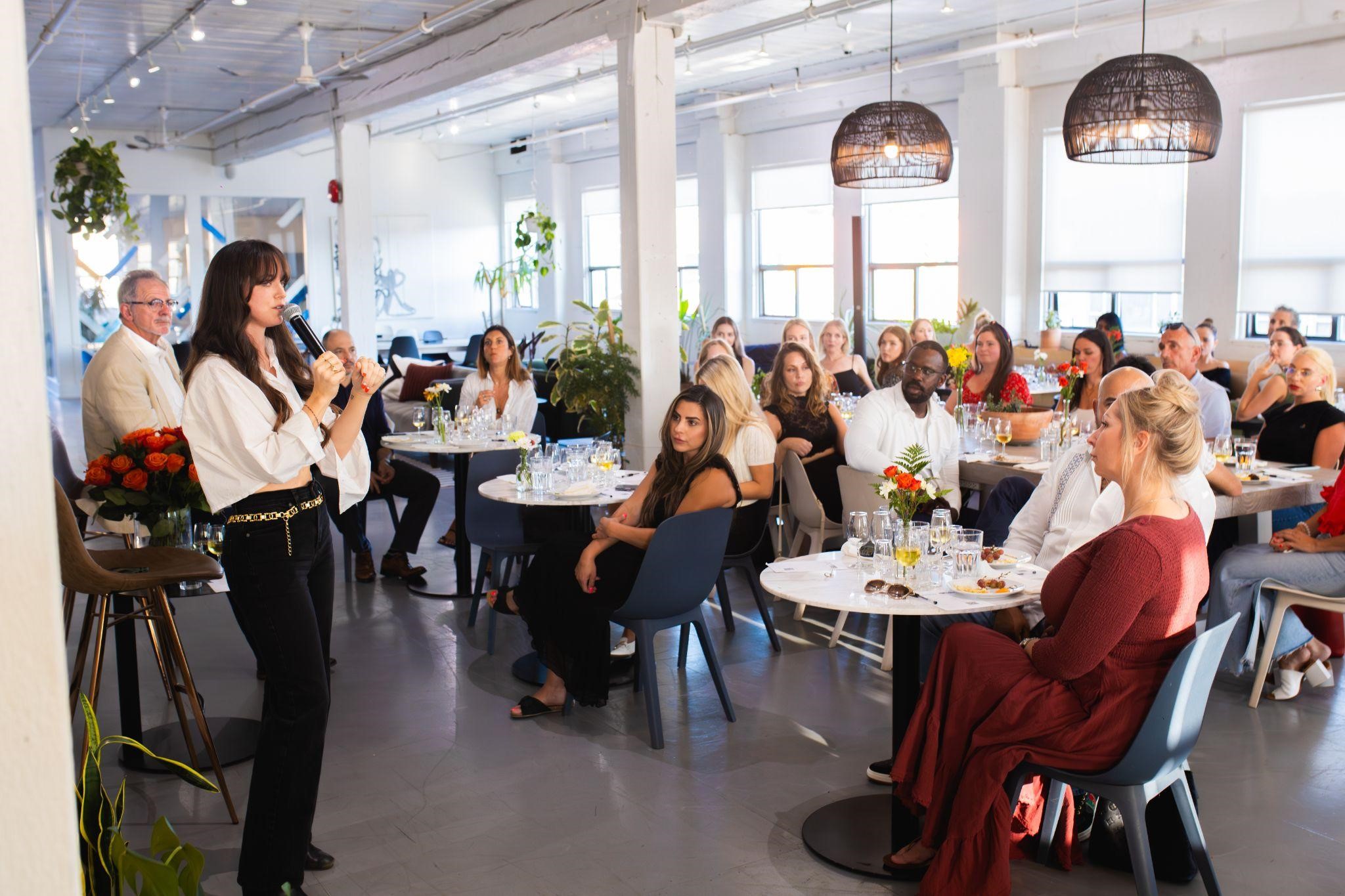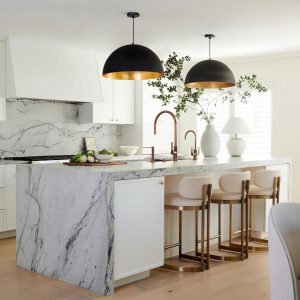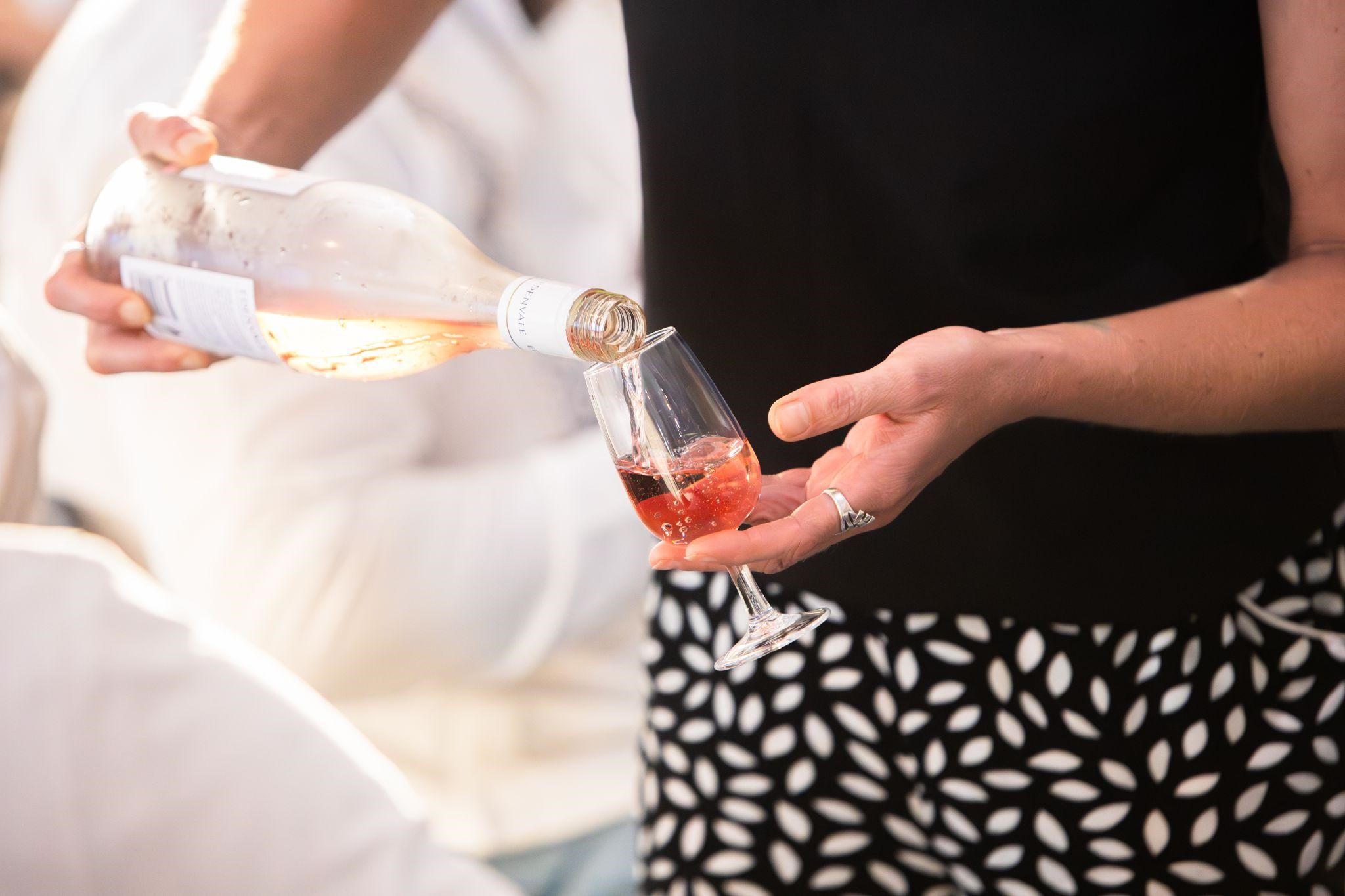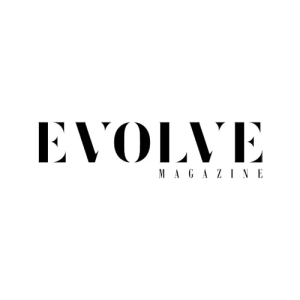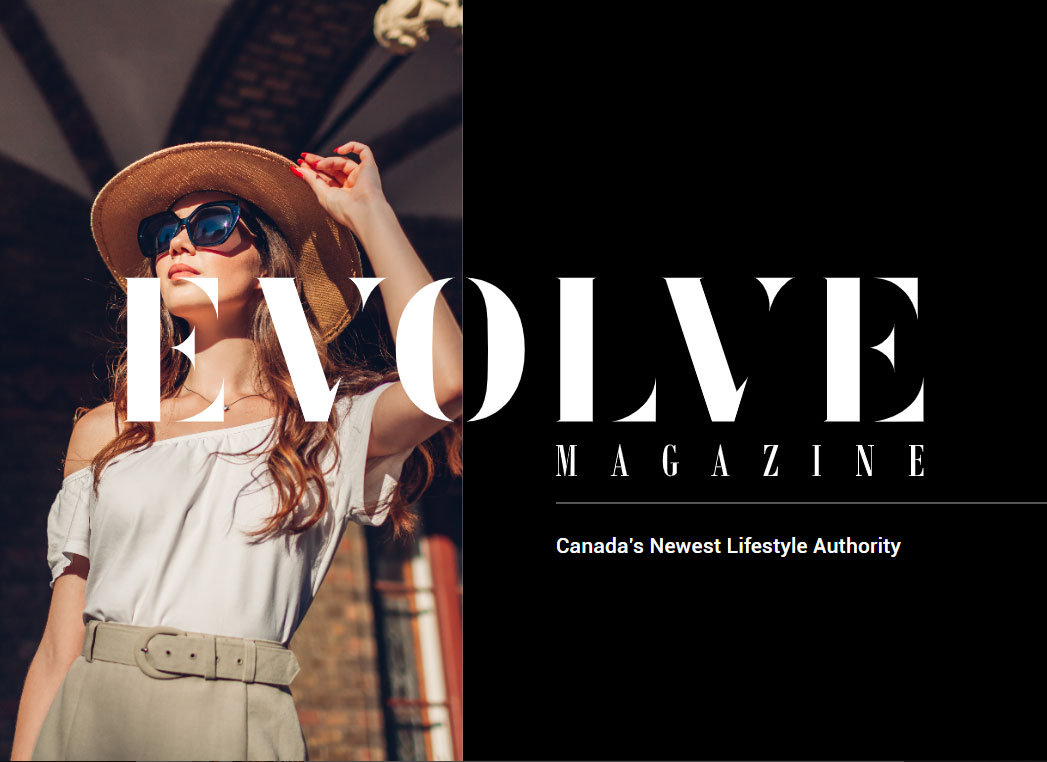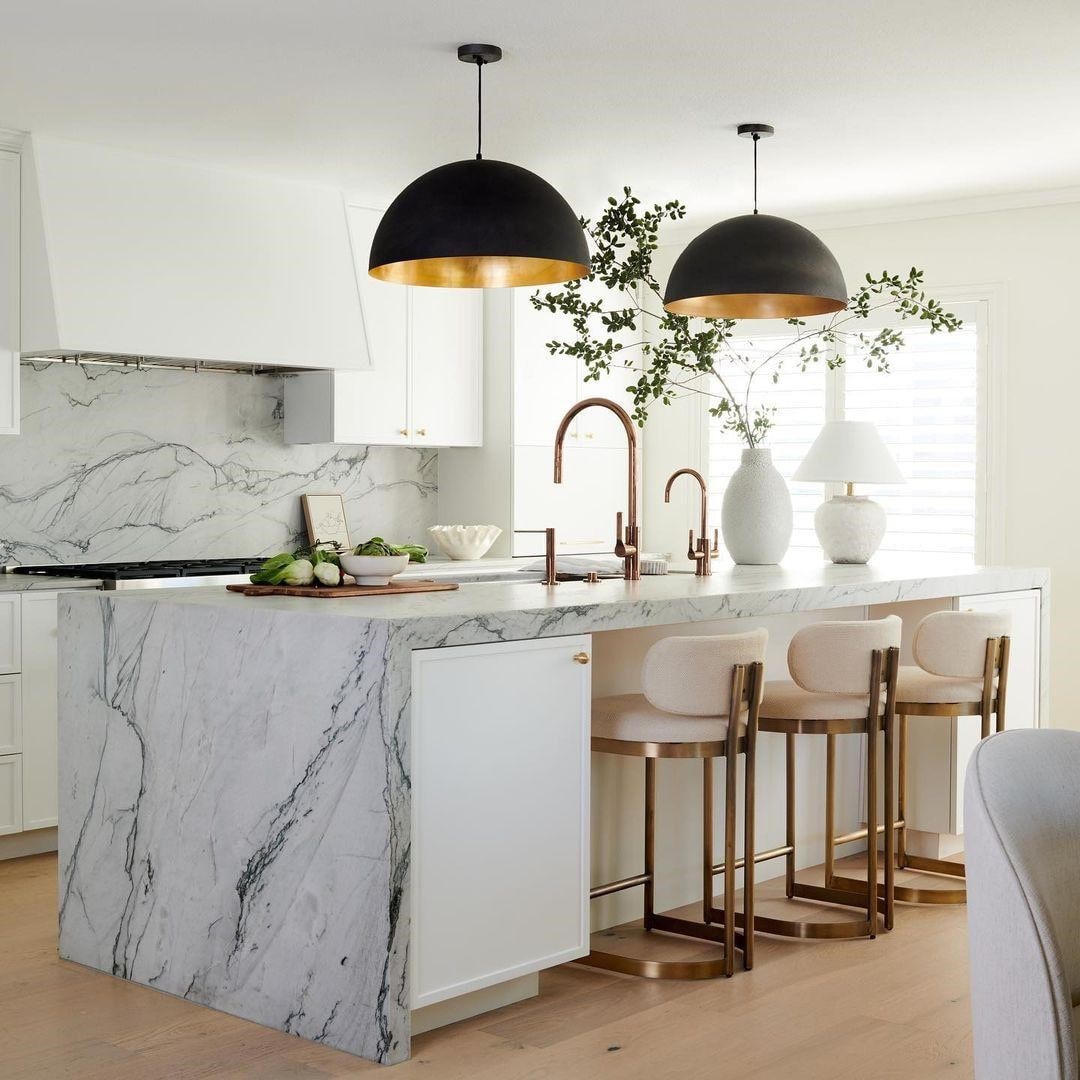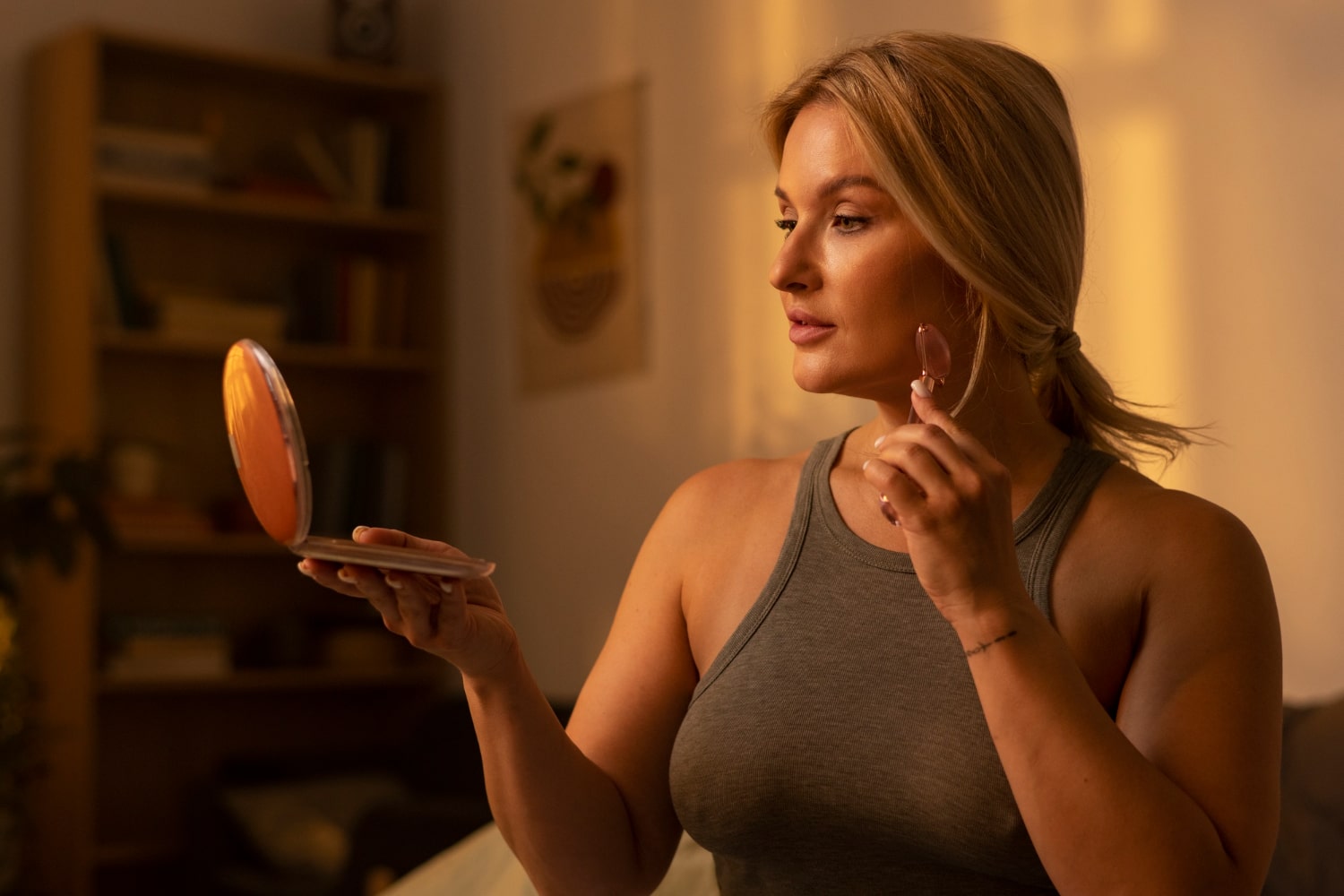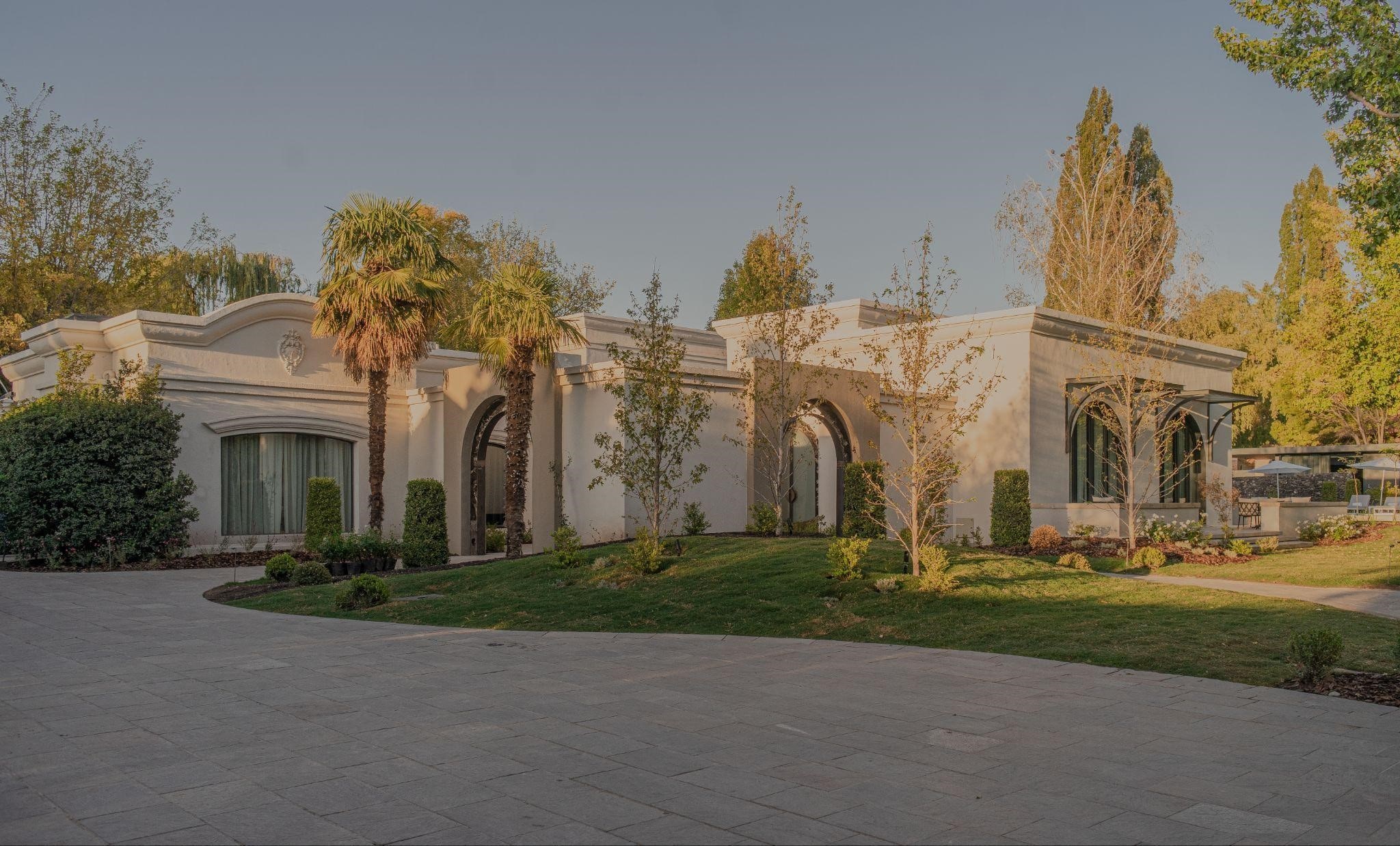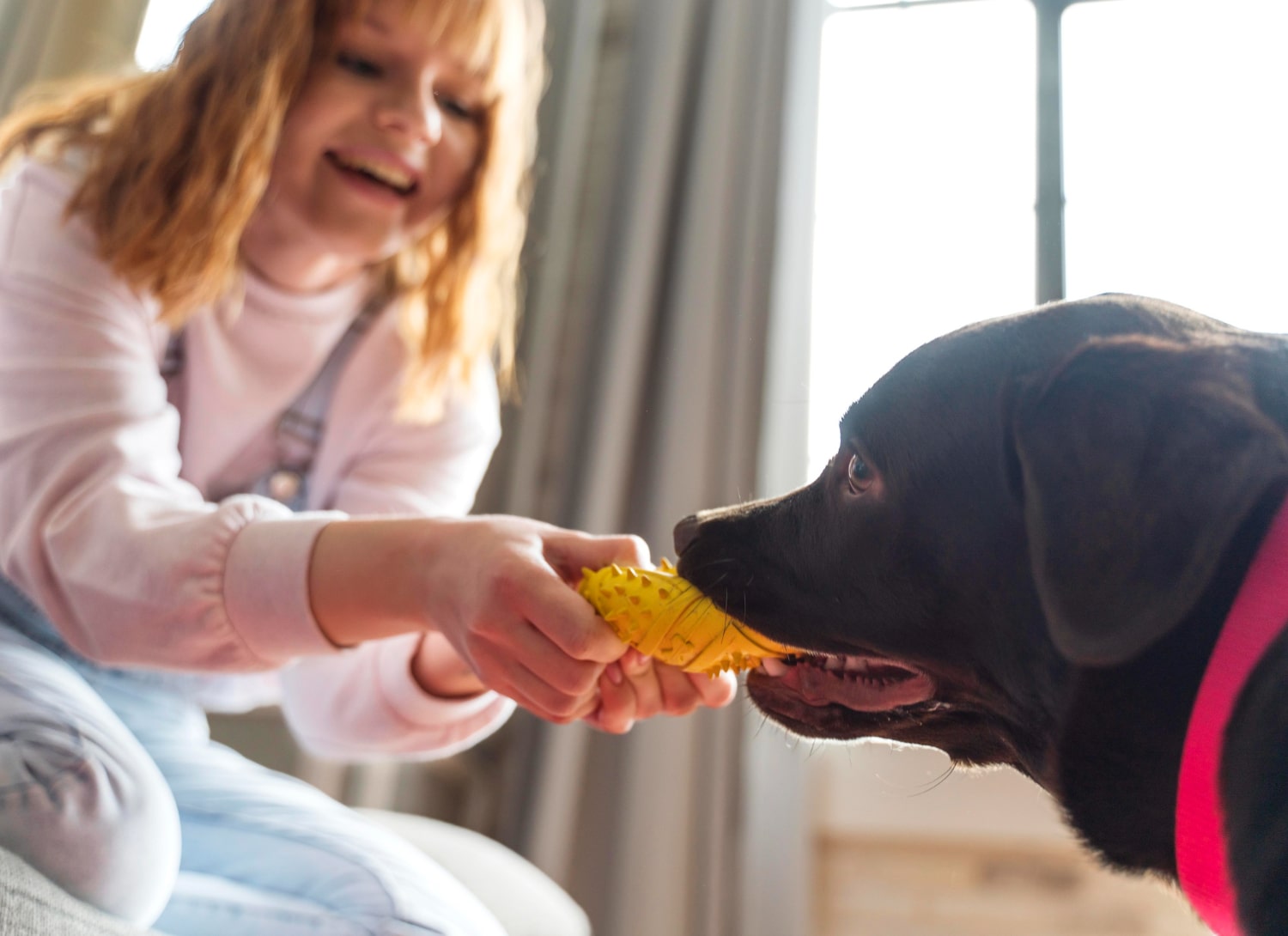Michael Bright, Founder and Director of EDENVALE Beverages
Q+A:
What is Sansorium? What is your role there?
Fiona: Sansorium, is a women-led, alcohol-free agency and online retailer out of Vancouver dedicated to curating premium alcohol-free wine, spirits, aperitifs and beyond across Canada.
Beginning in the Fall of 2021, Sansorium held Canada’s first full scale alcohol-free pop-up store in Vancouver, showcasing over 200 premium products from vendors around the world. In the Spring of 2022, Sansorium held the first alcohol-free wine tasting in Canada and has since led many of these sell-out events across Vancouver and Toronto.
I wear a few hats at Sansorium, as Co-Founder with my mother, Kathryn Hepher and sister Sarah Hepher. Whilst also leading the creative vision for the company; continuously reimagining the way we see alcohol in society, and holding a modern conversation around sobriety.
For anyone looking to stock their fridge at home, you can visit our marketplace at sansorium.com. For retailers, hospitality, and corporates, we can open a wholesale account for you. Get in touch with us.
What is Edenvale and what are the winery’s principles?
Michael: After many years in the winemaking industry, I saw an opportunity within the market for a sophisticated non intoxicating adult lifestyle beverage of choice. For those who choose not to consume alcohol. Edenvale was born in 2006 on the belief that people across Australia and globally should have access to more premium Australian alcohol-removed wines that really offer the same taste, aroma, complexity, and varieties of traditional wines and deliver a real wine experience without the alcohol.
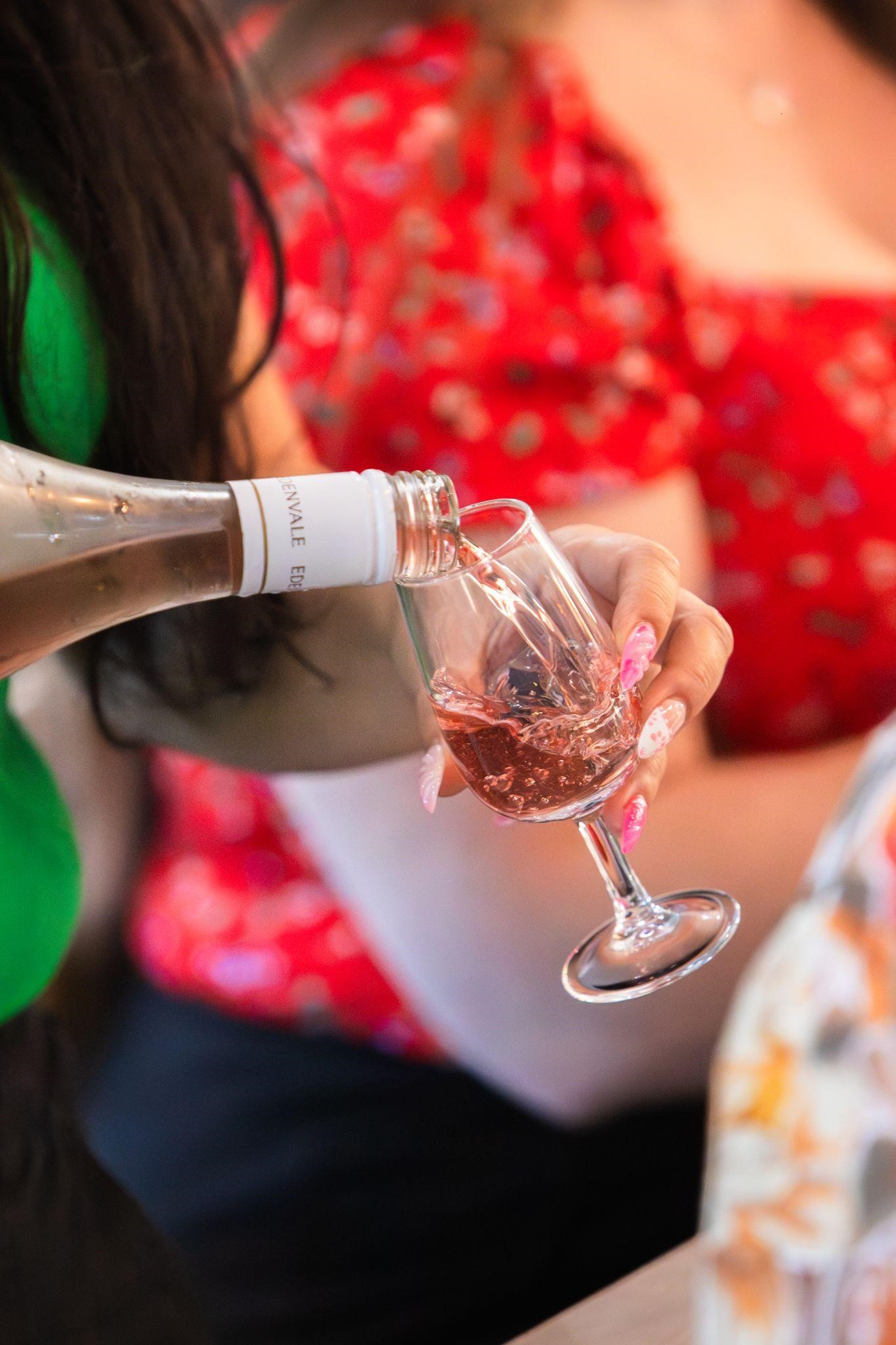

Tell us about the growth of non-alcoholic wine in Canada. Is it different than other countries or similar trends and tasting notes?
Fiona: growth of wine options, inquiries from partners, Canadian wineries?
Non-alcoholic wine has the least amount of Canadian brand representation with one winery producing alcohol-removed wine out of the Okanagan. But when consumers are surveyed, wine is their top interest. In other markets like the UK, US and Australia non-alcoholic wine is major category,
When we launched initially, we were dedicated to our consumer platform. We knew that we needed to focus on education and building community with high quality product, the right store
Michael: In 2006, I read a report that the US was selling 1 million cases of non-alcoholic wine per year. And the wine wasn’t great. This is where I saw the opportunity. Today, it’s reported that one of the fastest-growing segments in the wine market is that of non-alcoholic wine. Which, according to Nielsen, rose 43 percent in the first half of 2021. This makes it the second fastest growing category in wine.
Between 2015 and 2020 the global non- and low-alcohol wine category grew by 25 per cent year on year, and the growth rate forecast for the next five years by drink market analysts IWSR was 15 per cent per year on average, compared to less than one per cent per year for total wine volume.
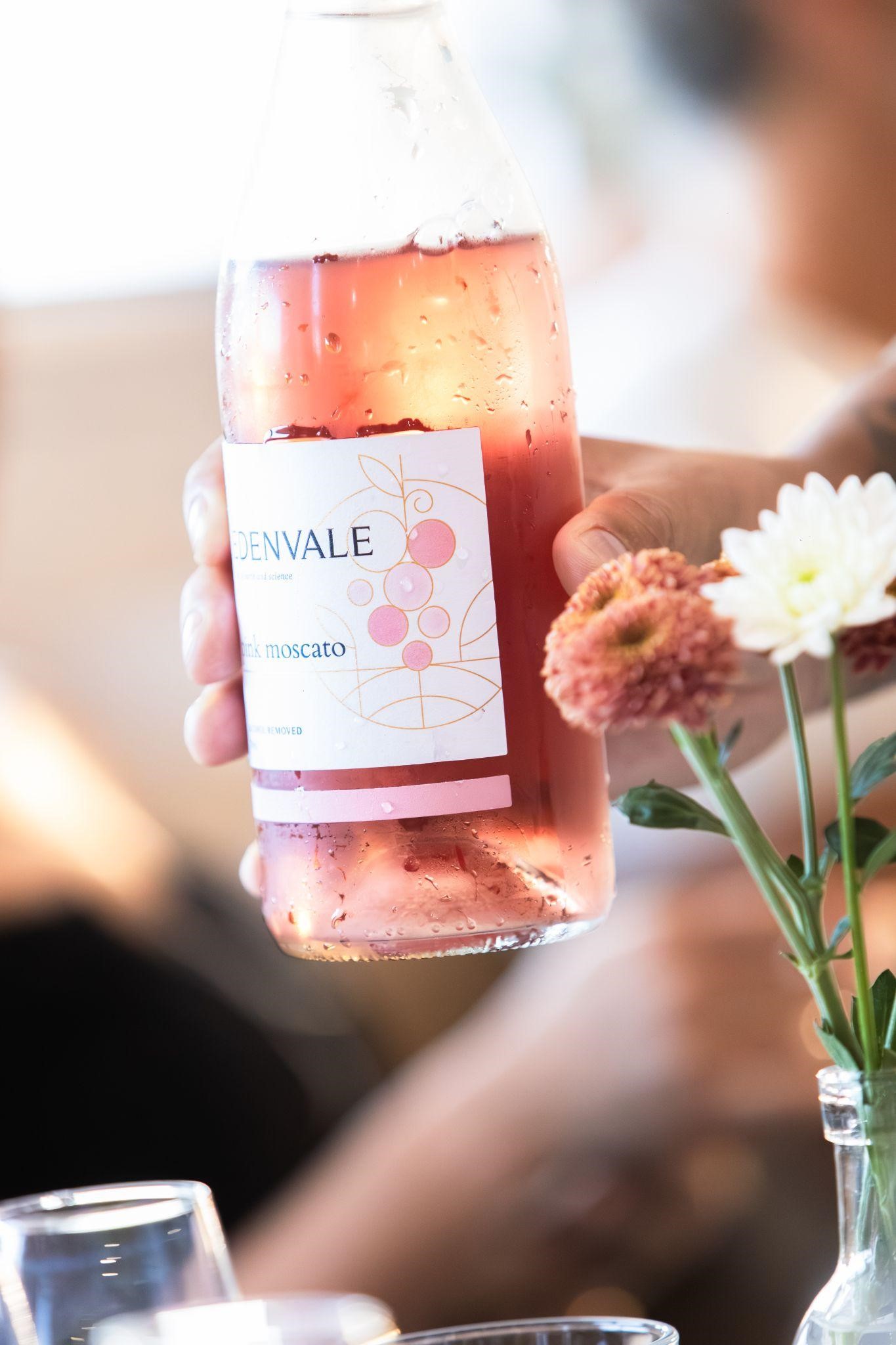
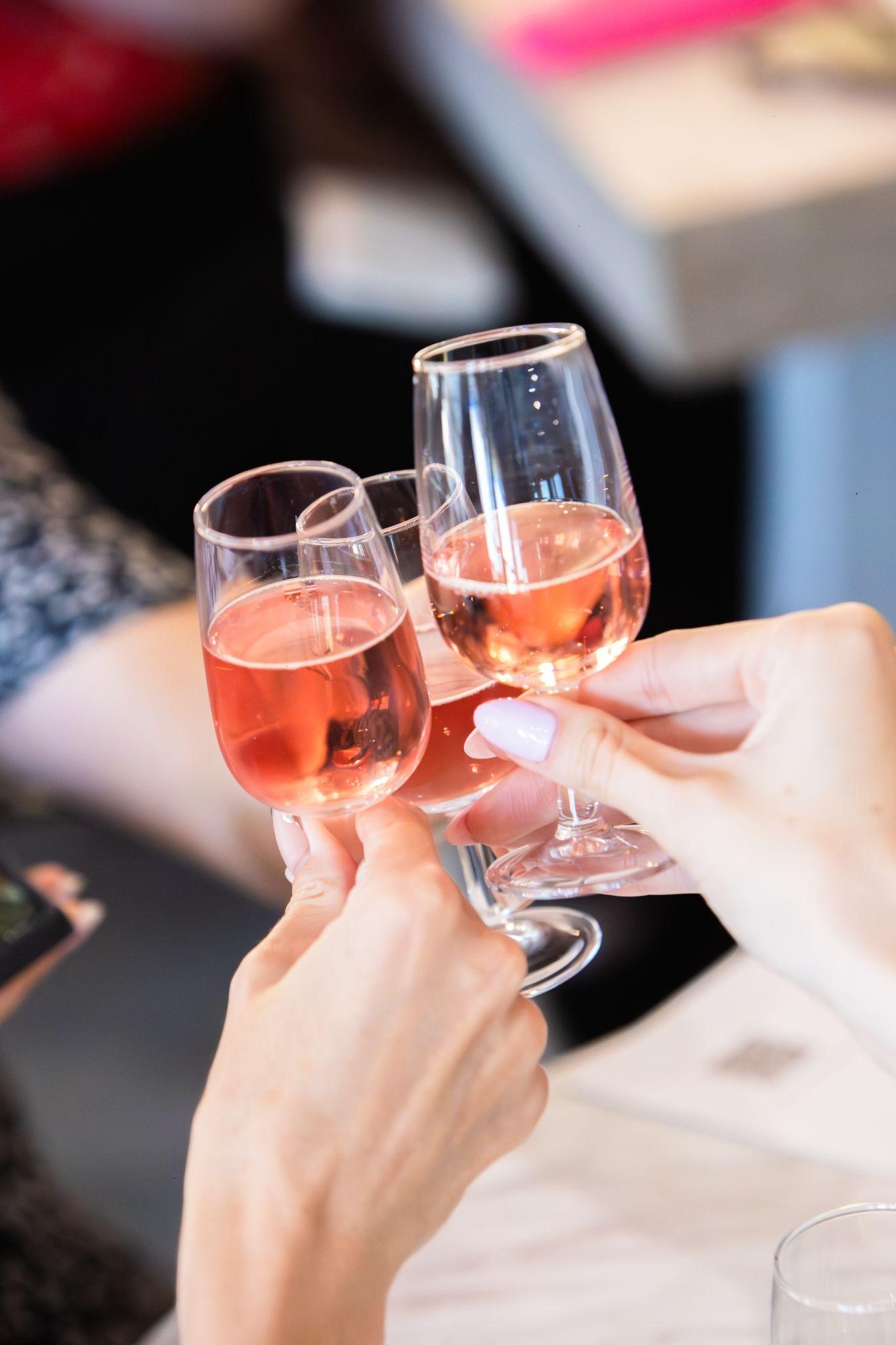
What do we need to know about how non-alcoholic wines are produced?
Michael: Dealcoholisation is a physical process that requires a high quality base wine and superior purpose-built dealcoholising technology. While these two steps are highly important, there’s a lot of finesse that goes into the finishing of the wines, and that’s where expert winemakers, like those we have at Edenvale, are paramount to the process and the end result.
Can you describe the difference in flavour profiles of non-alcoholic wines compared to regular wines?
Fiona: Alcohol has a strong, sharp and naturally bitter flavour profile and definitely changes the taste profile of traditional wine. Alcohol-removed wine, also known as non-alcoholic wine, comes without that, so I actually experience it as a very honest expression of that particular grape varietal. I no longer have to navigate around the bitterness to pick up the grassy notes of Semillon or the earthy chocolate and spice of a Shiraz.
Michael: Just like traditional wine, alcohol-removed wine needs a bit of time to breathe to evolve and enhance its taste and aroma. Our base wines are made in the same way as regular wine to capture the essences of those grape varietals. After we have dealcoholised the base wine, our unique finishing process is what helps to deliver those vinous characters, classic varietal definition and ensures a real wine experience, just without the alcohol.
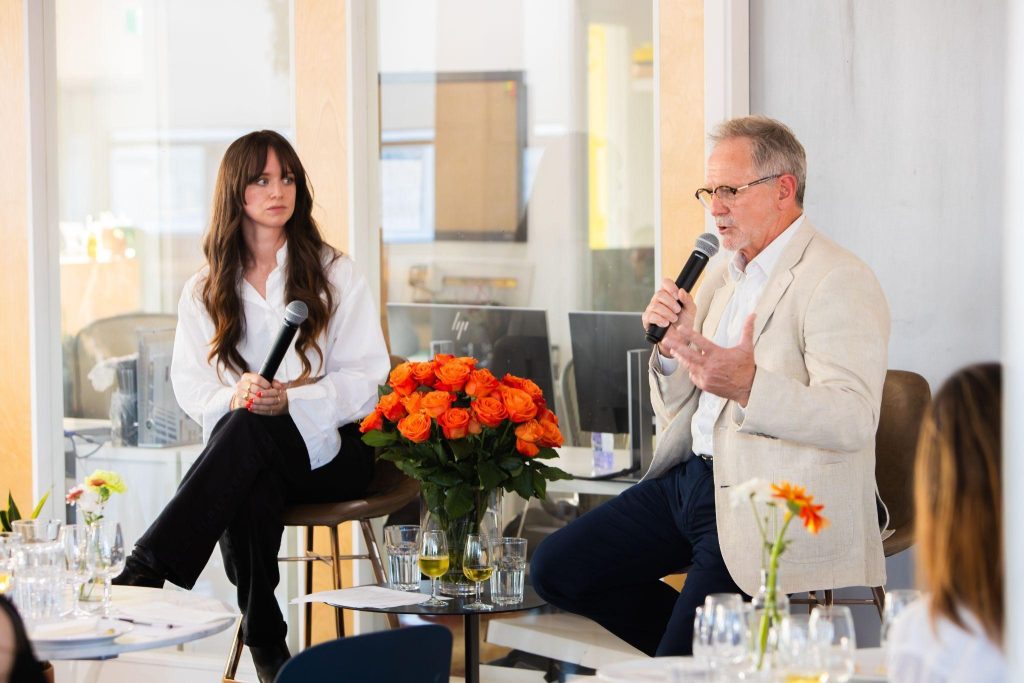
Any tips on some great non-alcoholic brands you can recommend and why? Any recipes for hosting?
Fiona: Of course, Edenvale was one of the first brands we reached out to when we began our search for premium alcohol-free wine. They have 20 different wines to taste, which we carry at Sansorium and two new regional wines on the way. I’d also suggest California brand, Free Spirits, for crafting cocktails. When hosting you can pre-make a batch of margaritas with their Spirit of Tequila and really bring those classic smoky, spicy notes forward.
Why should people bother exploring this?
Fiona: I believe big alcohol sold us on an idea for a long time that we weren’t enough without alcohol. Not fun enough, cool enough, comfortable enough, social enough. And social anxiety might be real for some people. But I also think, we force ourselves into spaces we don’t want to be in, with people we might not actually like, and then drink to get through it. So before reaching for a non-alcoholic drink, I think the more important thing to do is question your relationship to alcohol. Why do you drink it? What’s your actual limit? And do you know yourself without alcohol? Do you know how to have fun or feel joy without alcohol?
Michael: there are lots of reasons people choose not to drink alcohol – these beverages offer a sophisticate no intoxicating adult alternative that allows consumers to be and feel part of the occasion.
Tell us about the health benefits of choosing non alcoholic wines versus regular wine?
Fiona: There are all kinds of physical, mental, emotional and relational benefits. Physically, alcohol-free wine isn’t a toxicant so your body is unaffected by drinking it. It’s commonly lower sugar than that of traditional wine and therefore also 2.5 times less calories on average. Mentally, there is zero impact to your brain health compared to traditional wine. Emotionally, there’s no risk of hangxiety or dysregulated hormones that can lead to depression, mood swings or anxiety. Relationally, the interesting aspect of drinking alcohol is we often do it to connect with others. But biologically, as a depressant alcohol does the opposite: it disconnects us. Alcohol-free drinks allow us to stay in connection with ourselves and with others.
Michael: Based on research that we’ve taken part in over the last few years in Australia, we all know that there are antioxidants in both red and white wine but particularly more in red wine. However, the research has shown that with the presence of alcohol, the antioxidants do not last as long in your system because of the presence of alcohol. All the antioxidants and digestive enzymes are not compromised with the processing and alcohol-removal.
Our wine has at least the same levels of antioxidants as full alcoholic wine and there is evidence from the Australian National Measurements Institute suggesting that the levels are actually higher. This is possibly due to the concentration of the wine when the alcohol is removed. Because the body prioritises detoxification of alcohol over mineral absorbency, research suggests that antioxidants in alcohol-free wine last longer in the blood plasma without the presence of alcohol and are more bioavailable to the body.
Only 1 in 5 Canadians have tried non-alcoholic wines, do you see this changing in the coming years? Why?
Fiona: At each of our events since we launched in 2021, I’ve asked “who here has tried non-alcoholic wine?” And each time, the number of hands in the room is higher than the last. At our first event, maybe 5-6 people tried it out of 75. At our latest event, 75% of the room had tried non-alcoholic wine. Canadians have proven to be late adopters behind the US, UK, Asia, Australia and Europe. However, products are continually improving, brands are diversifying and hospitality is adapting their offerings, so I predict 3 in 5 people will have tried non-alcoholic wine in the coming years.
Michael: with the increased demand more of the traditional wines channels including on premise venues and major retailers have a non alcoholic wine offering
Any other advice for the new wine drinker to the category?
Fiona: I always say, open your mind to a new drinking experience. It’s not going to taste the same as alcohol, because it has none. But ask yourself: “Is this pleasurable? Does it go well with what I’m eating? How do I feel when I drink it? And the day after?” Allowing your mind to associate new memories and emotions to it, will allow you to create new experiences with drinking. You’ve not stopped drinking, you’re just drinking something else.
Michael: Whether you’re taking a night off, a month off, or have said goodbye to alcohol all together, you deserve a high quality wine experience without compromise, and that’s what we continue to strive for!.
